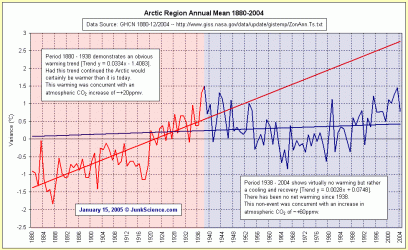Steerpike
VIP Member
- Dec 17, 2007
- 1,847
- 182
- 83
See link:
Volcanic eruption linked with major historic global warming period
Interesting article. You can't get the article in Science without a subscription, however.
Volcanic eruption linked with major historic global warming period
Interesting article. You can't get the article in Science without a subscription, however.



 , sort of on call. This's the busy season.
, sort of on call. This's the busy season.